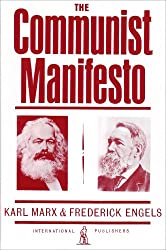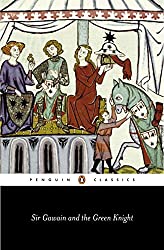
Rating: 8.2/10.
I read this Dostoyevsky book as a recommendation from [redacted] because it’s partially about a man who tries to rescue a prostitute. It turns out that the rescuing prostitute part is not really the central event of the book, but nevertheless I found it quite interesting. The novella is short enough (90 pages) unlike Dostoyevsky’s other books which are super long. It explores a lot of philosophical and psychological ideas in an interesting setting.
The unnamed narrator is a man from the “underground” — he is some kind of civil servant, middle aged, and has health problems. He rejects the idea that man must do the rational thing, as then he is like a machine. He rejoices in doing stupid things from time to time, just because he feels like it, then he can retain some of his humanity. In the second part of the book, the narrator feels like he is not seen as equal by his peers, and goes to extreme lengths to remedy it. He forcefully invites himself to a dinner party with old friends, and is dismayed that his social status is so low that he’s just ignored. He would much rather have a fight than be ignored, and tries to provoke a fight in an autistic manner. Later he meets a prostitute Liza, whom he offers to save. However, when she actually shows up at his place, he is stuck in his own world and lectures to her about the virtues of morality, without actually helping her.
The narrator feels surreal, kind of like valuing social acceptance to an extreme degree. After all, the narrator is physically well-off, he is at least rich enough to hire one servant. However, as long as he feels inferior to his peers, he is frustrated. Also, the more he tries to gain respect from his peers, the more his efforts backfire and his position is lowered in their eyes. Kind of like romantic attraction, social recognition isn’t something you should pursue directly.



